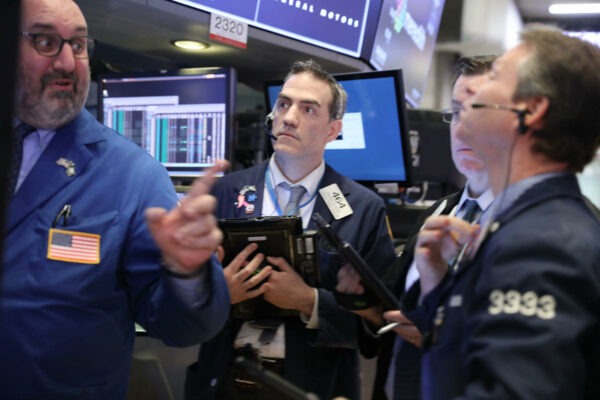Why the stockmarket is disappearing

The law of supply and demand is one of the first things that students of economics learn. When the price of something goes up, producers bring more to market. What, then, is going on in global stockmarkets?
Global share prices have never been higher, having risen by 14% over the past year. At the same time, the supply of stocks is shrinking. As analysts at JPMorgan Chase, a bank, note, the pace of company listings is slower this year than last, and last year was already a slow one. This means that equity issuance net of stock buy-backs so far this year is already negative, at minus $120bn—the lowest such figure since at least 1999. Companies including ByteDance, OpenAI, Stripe and SpaceX have valuations in the tens or even hundreds of billions of dollars, and remain private.
Jamie Dimon, JPMorgan’s boss, is among those to have voiced concern. He identifies demand for environmental, social and governance reporting and the pressure of quarterly earnings reports as part of the trend’s explanation. But for the most part, the disappearing stockmarket is a side-effect of something more positive for company founders: they simply have more options. Private-equity funds managed $8.2trn by the middle of 2023, according to McKinsey, a consultancy—more than twice the amount in 2018. If founders do not want to go public, they now face less pressure to do so. There are plenty of funds that are willing to invest in them regardless.
This article was originally published by a www.economist.com
Read it HERE







